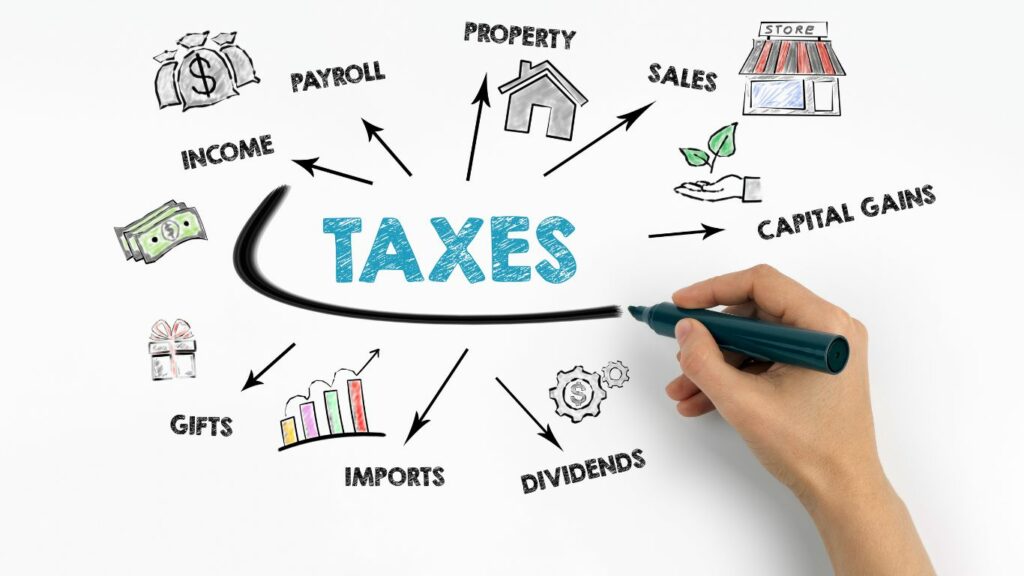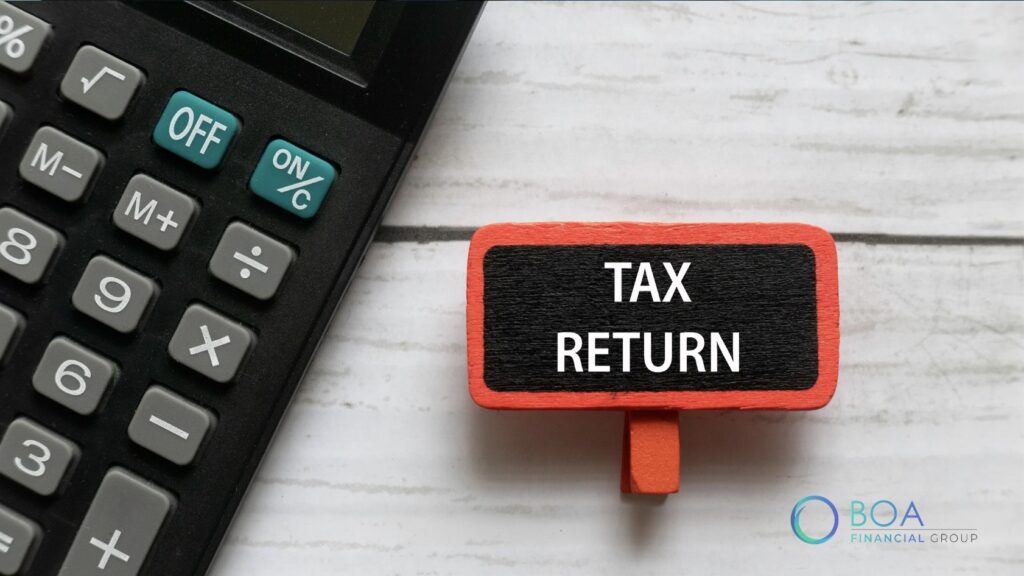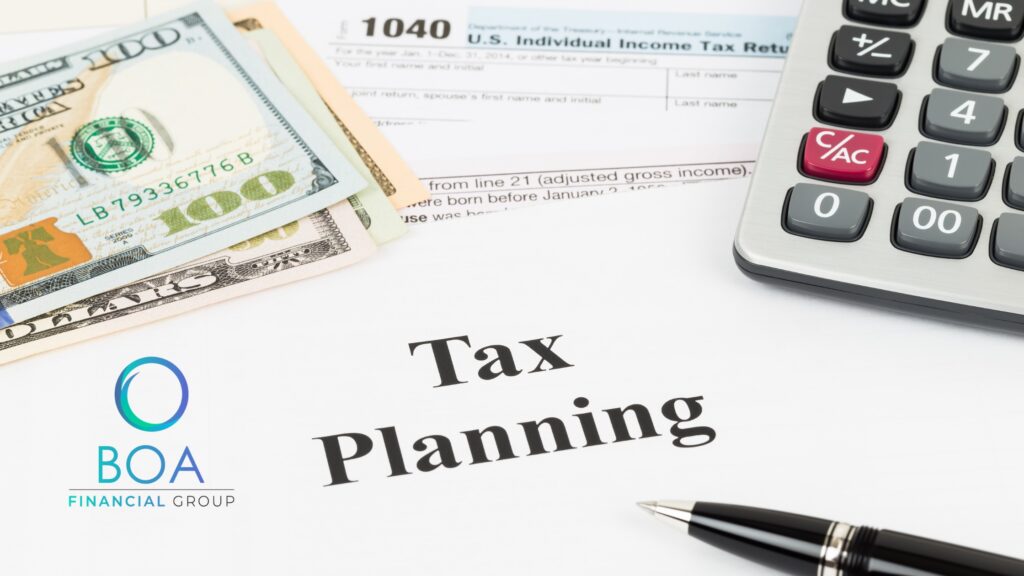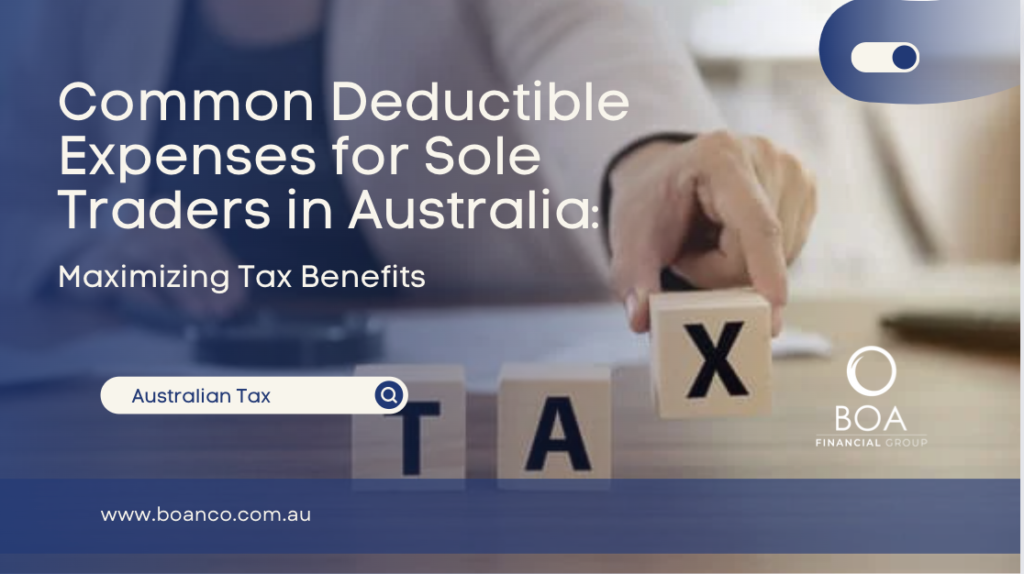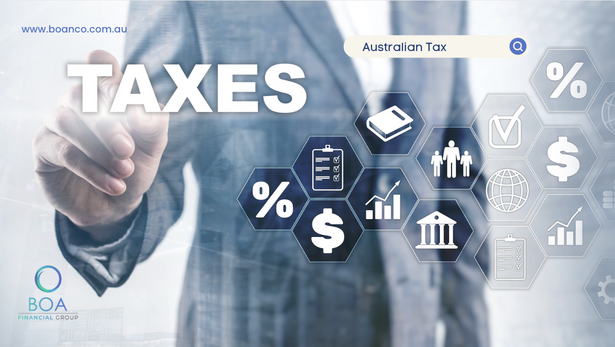Navigating Year-End Tax Planning for Your Business: 8 Strategies to Secure Financial Success
As we approach the culmination of 2023, business leaders are confronted with an array of critical decisions that can significantly impact their tax liabilities and overall financial health. The interplay of income deferral, strategic spending, and proactive tax planning becomes paramount. Here, we unravel eight strategies to guide your business through the intricate landscape of […]





